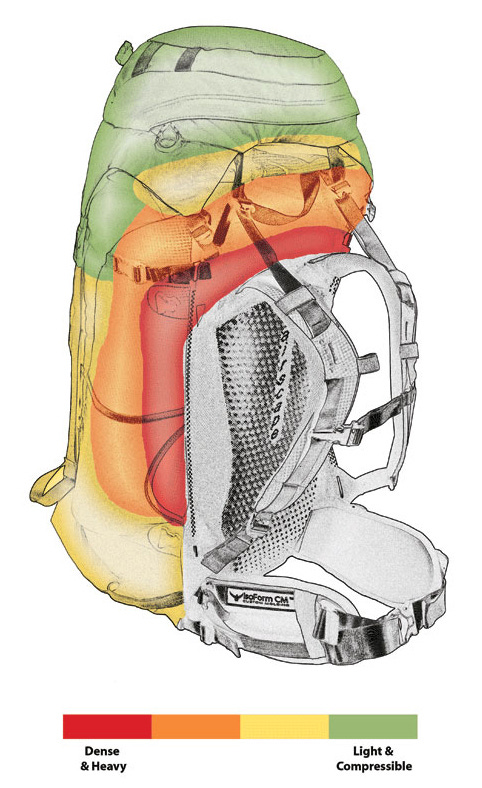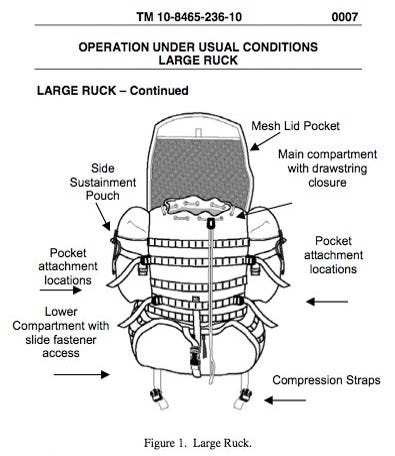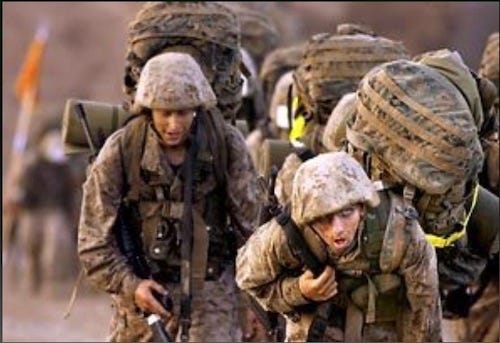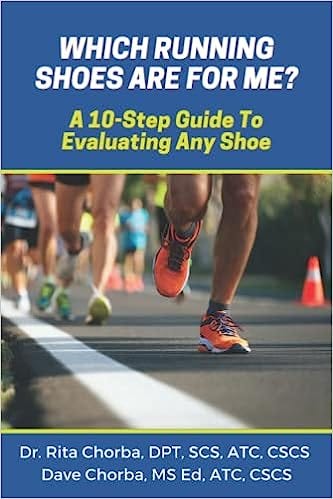Take a Load Off (your)Fanny
And, and, and, put the load on me right.
Think.
To be enjoyed in its full glory, today’s post relies on your working knowledge of the ’60-’70s Canadian-American rock band, The Band, and especially their 1968 hit, The Weight. Click the link above to listen while you read.

Whenever I am thinking about what to write each week, I go rucking. In the miles, I find answers.
This is what St. Augustine meant when he said, Solvitur ambulando- ‘It is solved by walking’.
When you walk with a ruck it gets solved and you get fit. Two birds with one stone (although as my British friends know, one stone is only 14 pounds so you may want to load up with two-three stones), but anyway, multiple problems are solved.
As I was rucking, I was thinking about the importance of carrying your load properly when I began humming the song ‘The Weight.’ This got me thinking.
If given the choice between carrying thirty pounds that feels like fifty pounds or carrying thirty pounds that feels like twenty pounds, the latter is preferred.
Now, the case could be made that by increasing the difficulty you are increasing the depth of your mental toughness well, and I would be hard-pressed to argue with that, but I have also long been a believer in the saying, “It’s good to be hard, but it’s hard to be smart.” I don’t know who said that but am pretty sure it wasn’t St. Augustine. But it is nonetheless true. By carrying your load as efficiently as possible you will be able to go further, faster, and heavier. You also reduce the risk of injury.
When packing your ruck, you want to take the load off your fanny. Every time I show up to observe Marines training, I see at least one lost soul with a sandbag hanging in the bottom of their ruck swinging to and fro and bouncing against their butt with every step. It’s not a good look, and it doesn’t bode well for their chances of success.
Catch a cannon ball now to take me down the line
My bag is sinkin' low and I do believe it's time
To get back to Miss Fanny, you know she's the only one
Who sent me here with her regards for everyone
It doesn’t take long when your bag is sinking low to feel until you’re feeling ‘bout half past dead like this fellow below.
The goal is to lift the load and keep it as close to your back as possible.

If you can find an old ALICE pack, they come with a built-in radio pouch that was used to carry the big, old, heavy radio sets that we used to haul around in ye olden times. That radio pouch works great for carrying weight. It keeps it where it should be: high and against your back.
In an upcoming episode, I’ll be making some recommendations on rucks, but whatever ruck you use, heavy things (the weight) will try sink low and make its way to the bottom. To keep it up where it should be, consider adding something to fill up the bottom of your ruck.
The next step in putting your load on you right is to ensure that your ruck straps are properly adjusted. The photo below demonstrates proper shoulder strap positioning.

In my early days in Force Recon, it was felt that hip belts were for sissies. We didn’t wear them; I’m not sure why. But I have since become their biggest fan.
Most backpacking literature says that 80% of the load should be borne by your hips, and only 20% by the shoulders.
Hip belts also keep the load centered, tight to the back, and can keep it from swinging like a pendulum.
If your ruck has a sternum strap, use it. You may find that it helps keep your shoulder straps from sliding on your shoulders.
I hope this rucking advice has been helpful. If you have questions, please ask.
Or, if you run into me on the road or trail, you can just grin and shake my hand.
P.S. If you enjoy Think. Read. Write. Repeat. and would like to buy me a beer, click on the beer below and you can do just that. Cheers!
Thanks to all of those who have contributed!
Read. Which Running Shoes Are for Me?
By Dr. Rita Chorba & Dave Chorba
I have known Rita and Dave for a long time, and I love this book. It does a great job of explaining the ins and outs of footwear. From fitting to understanding the parts of a shoe, to addressing issues, this little book has you covered. It’s a great resource that should be in your library. And, while this book focuses on running shoes, many of the same principles apply to hiking boots.
I still stand by my statement that if you are rucking on relatively even ground with thirty-five pounds or less, running shoes will serve you just as well as hiking boots.
Write. Refer.
If you are subscribed to Think. Read. Write. Repeat. you should have received an email about the referral opportunity. I always appreciate when readers pass TRWR to others, now I’m hoping to pay it back. Starting next week, I will publicly thank those who refer at least five friends using the referral link below.
In the near future I will be starting a private Slack channel to answer questions and post additional information. You can get an invite by referring 25 friends.
And for those who refer 50 friends, I will send you an autographed copy of my book, Tough Rugged Bastards, as soon as it is released. (We are well into the fourth month of the Department of Defense security review. I hope to hear something soon.)
Repeat.
Words of wisdom from those who said it best:
“I have two doctors, my left leg and my right. When body and mind are out of gear (and those twin parts of me live at such close quarters that the one always catches melancholy from the other) I know that I have only to call in my doctors and I shall be well again.” –George Macaulay Trevelyan, “Walking,” 1913
“Your true kingdom is just around you, and your leg is your scepter. A muscular, manly leg, one untarnished by sloth or sensuality, is a wonderful thing.” –Alfred Barron, Foot Notes, Or, Walking as a Fine Art, 1875
“I can only meditate when I am walking. When I stop, I cease to think; my mind only works with my legs.” –Jean-Jacque Rousseau, Confessions, 1782
“It is good for a man to keep himself in such condition that he can do ten miles on short notice. The deficiency in this respect, to which most people confess, is not a pleasant thing to contemplate.” –Alfred Barron, Footnotes, Or, Walking as a Fine Art, 1875
Thanks for reading Think. Read. Write. Repeat. See you next Thursday!








Rest In Peace Robbie Robertson.
Interested in your bug-out bag. Is this what you carry when you ruck?